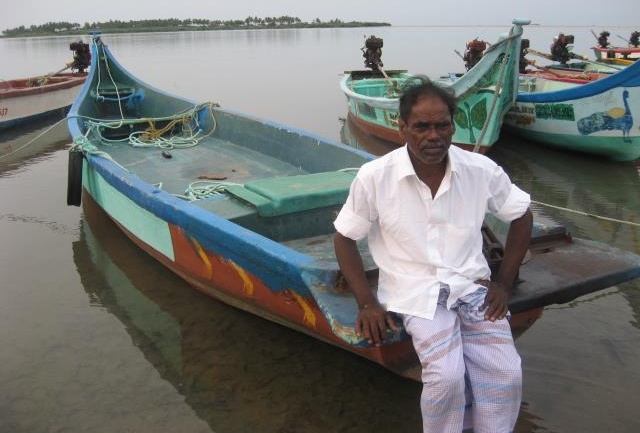Tropical Storm Roanu has caused widespread damage in Sri Lanka and Bangladesh. In both countries, Habitat for Humanity is already on the ground will be assisting with recovery efforts.
On 15 May 2016, Sri Lanka was hit by a severe tropical storm Roanu causing widespread flooding and landslides in 22 districts of the country. Roanu washed away entire homes and submerged entire villages. At least 92 people have died and a further 109 people are still missing, many as the result of a landslide that struck Aranayake, Kegalle District on 17 May. This was followed by a second landslide in the same area four days later. Over 4,5000 homes are reported damaged and 506 completely destroyed.
Habitat is one the ground and assisting with the Sri Lankan Government’s damage and needs assessments. Habitat Sri Lanka will be providing long term housing assistance for families affected by the disaster and has already planned to construct 100 homes.

One week after Roanu caused massive devastation in Sri Lanka, the same storm cycle also battered the coast of southern Bangladesh forcing half a million people to flee their homes and leaving 24 people dead in floods and rain-triggered landslides. The Government of Bangladesh with support from volunteers in coastal areas evacuated more than 500,000 people into shelters as the cyclone made landfall, packing winds of 88km per hour. The cyclone damaged approximately 83,978 houses. Among these 59,477 are partially damaged and 24,501 totally destroyed. Most severely affected are impoverished southern coastal districts, with many low-lying villages inundated by a storm surge that swelled up to two meters high.
In Bangladesh, Habitat is preparing for an initial distribution of emergency shelter kits to approximately 2,000 families. We are also looking to help families rebuild homes and train beneficiaries on disaster risk reduction to reduce their vulnerability to future disasters.
Across all of the countries we work in, disaster risk reduction (DRR) is a crucial component of almost every program. Resourcing communities with the materials, skills and knowledge is essential in order to minimise damage, and prevent the heartache and desperation caused by natural disasters.
It has been estimated that every $1 invested in disaster risk reduction saves $7 in response costs when an emergency strikes (as estimated by the United Nations Office for the Coordination of Humanitarian Affairs and United Nations Development Program).
Please donate today and help families build safer homes to withstand disaster.

Skip to content
Skip to sidebar
Skip to footer


